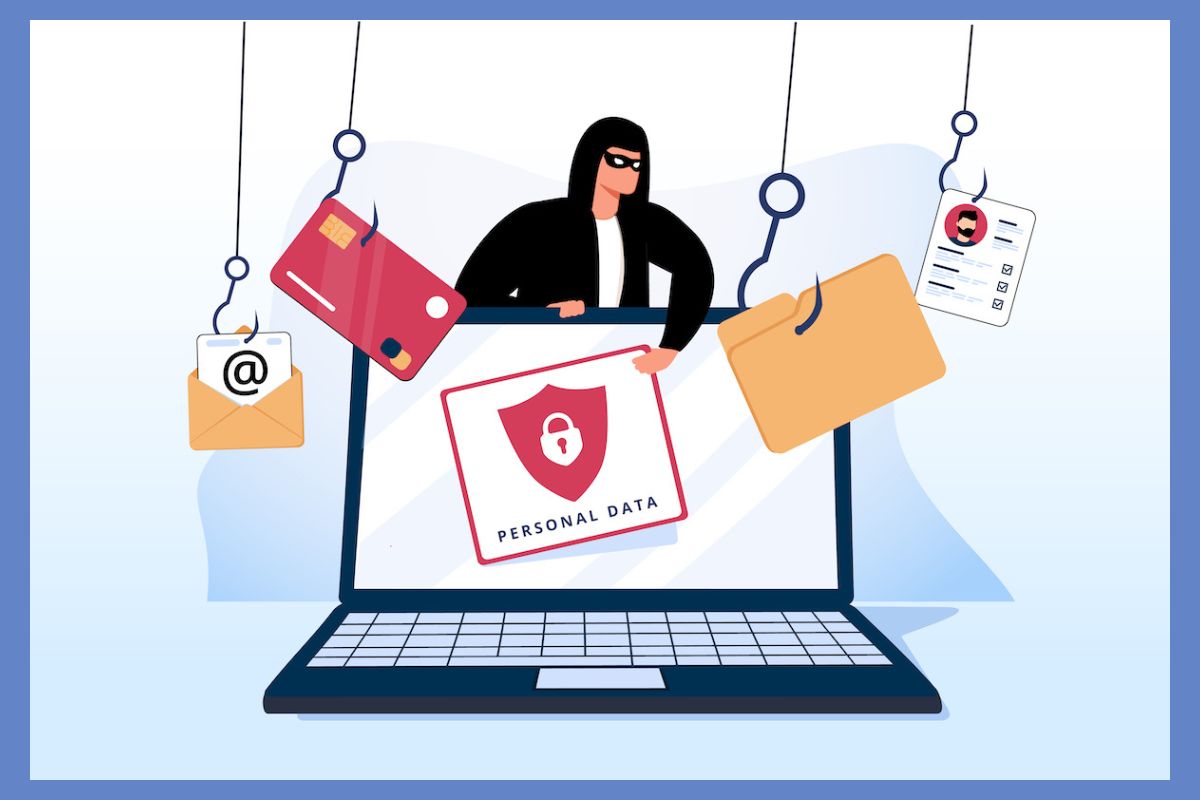
xr:d:DAFQtWVUUaw:2,j:39660278811,t:22110113
Consumers when making agreements to buy goods or services enter into agreements that are governed by laws to protect against unfair business practices and, when breached, they may have grounds to file suit against businesses that break them. Being informed about one’s rights increases likelihood that consumers won’t get taken advantage of by companies.
Consumers can purchase a wide array of goods and services, such as groceries, clothing, furniture, electronics, automobiles and home repairs from companies or licensed individuals who specialize in them. Consumer protection laws vary depending on each type of product or service a consumer purchases; contracts should be clear and understandable while sales incentives should never be misleading and deliveries must occur on time.
Why Are Consumers’ Rights Necessary? Consumers need to be aware of their rights because they have the right to purchase safe, reasonable priced products at fair prices. There are laws in place to protect consumers from defective or unsafe products or services as well as prevent overcharging of these same services.
Consumers with knowledge of their rights stand a better chance at protecting themselves from scams and fraud perpetrated by business owners. Unfortunately, too often such schemes involve businesses failing to abide by legal requirements or their own guarantees; with knowledge of one’s rights comes an increased ability to act quickly when wrongdoing occurs; simply contact the appropriate business or government agency directly in order to report wrongdoings as soon as they occur.
Consumers need to understand their rights as it allows them to make educated choices when purchasing goods and services. Consumers have the right to receive information that helps them assess products or services’ quality, price, value, etc. Additionally, their legal right to choose allows them to compare prices between retailers/vendors so as to secure themselves with the best deal for products/services purchased.
Consumers have the right to be heard, meaning they are permitted to inform companies and governments when they are dissatisfied with products or services provided to them. This includes having access to customer service departments for filing complaints about products and services as well as having government officials consider these concerns when creating policies for public implementation. If consumers are unhappy with how businesses have responded to their complaints, they have the right and the option of reaching out to an attorney for legal advice and guidance on how best to proceed. Early legal assistance will ensure your consumer rights are upheld; with one on your side you’ll have more confidence that your case will be settled timely and efficiently.






